Black Kids Are 2x More Likely To Drown. This Organization is Offering Free Swim Lessons.
Share
Explore Our Galleries
Breaking News!
Today's news and culture by Black and other reporters in the Black and mainstream media.
Ways to Support ABHM?
By Adam Mahoney, Capital B
Outdoor Afro, a national nonprofit, is helping families develop water skills and overcome historical barriers.
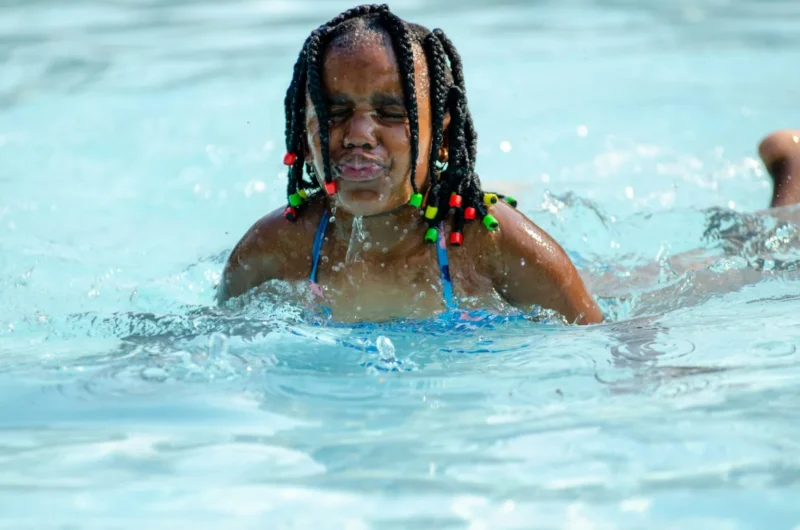
Across the country, Black children and youth are twice as likely as the general population to die by drowning, according to the Centers for Disease Control and Prevention.
And this crisis is compounded by the fact that their parents are 20% more likely to be non-swimmers, creating a cycle that perpetuates the problem across generations, according to researchers from the CDC and Lurie Children’s Hospital in Chicago.
As climate threats continue to intensify, so does the need for water safety knowledge to navigate emergency flood situations. In addition, there’s a growing need to learn ways to cool off during extreme heat. Outdoor Afro, a national Black environmental organization, is attempting to tackle both of these swimming disparities.
The organization is providing up to $400 per family for beginner swim lessons through an app-based application process that connects Black children and caregivers with providers nationwide.
Outdoor Afro’s Making Waves program, launched in 2019, partners with organizations like Foss Swim School, which has already taught hundreds of students across 29 locations. This year, they are committing to supporting 2,000 Black families in learning life-saving swimming skills for free. Applicants are also able to receive reimbursements if they’ve already signed up for lessons.
“Knowing how to swim is a key lever to saving lives, but really also unlocking the joy that a relationship with water can bring in an individual’s lives and that our planet needs,” said Rue Mapp, founder of Outdoor Afro.
Discover why Mapp was inspired to start the program.
Learn about Black history.
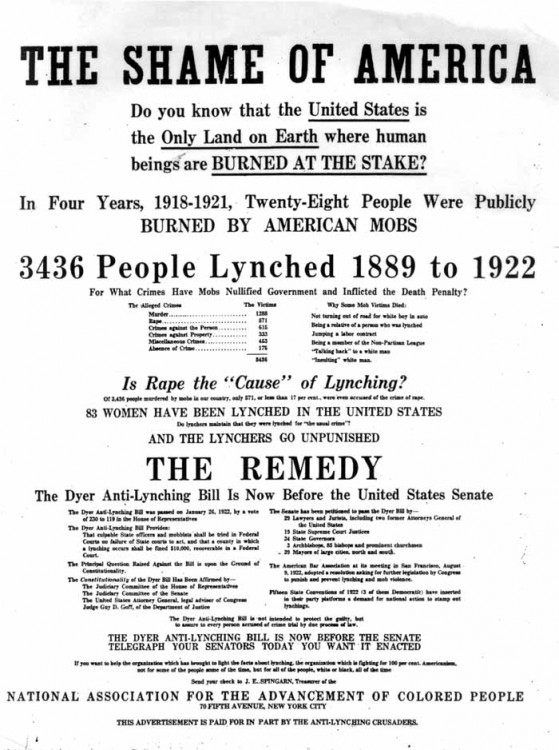
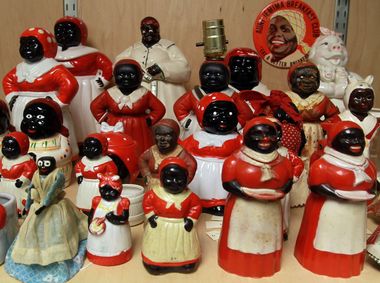
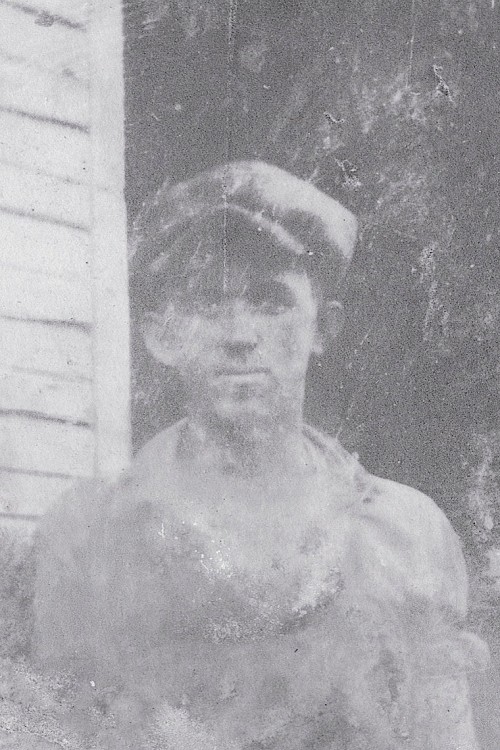
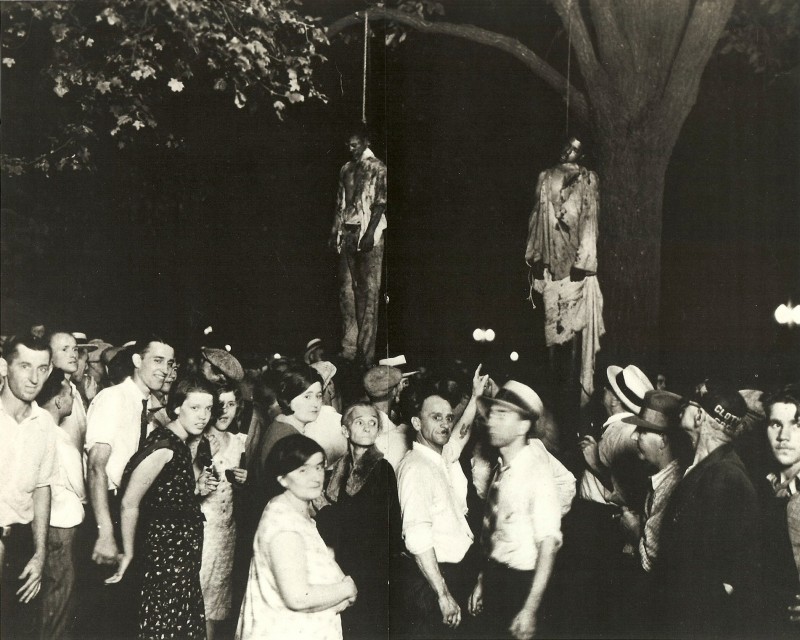
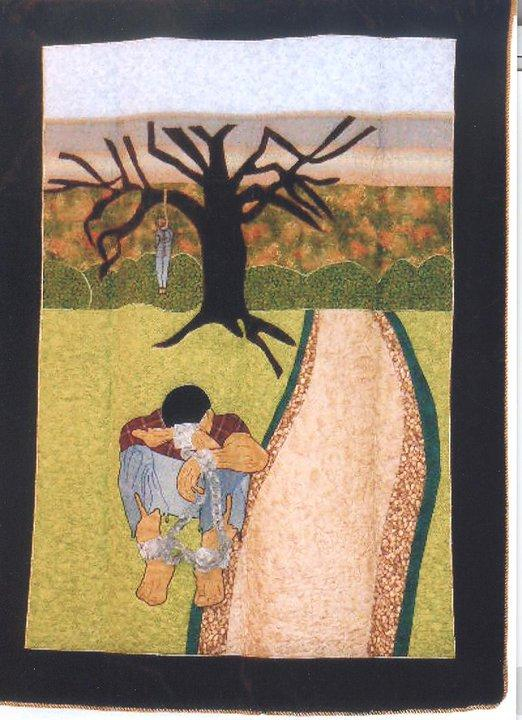

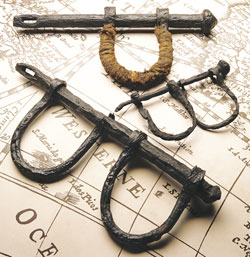

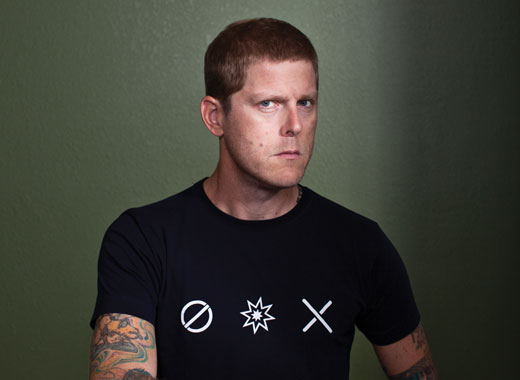
Comments Are Welcome
Note: We moderate submissions in order to create a space for meaningful dialogue, a space where museum visitors – adults and youth –– can exchange informed, thoughtful, and relevant comments that add value to our exhibits.
Racial slurs, personal attacks, obscenity, profanity, and SHOUTING do not meet the above standard. Such comments are posted in the exhibit Hateful Speech. Commercial promotions, impersonations, and incoherent comments likewise fail to meet our goals, so will not be posted. Submissions longer than 120 words will be shortened.
See our full Comments Policy here.